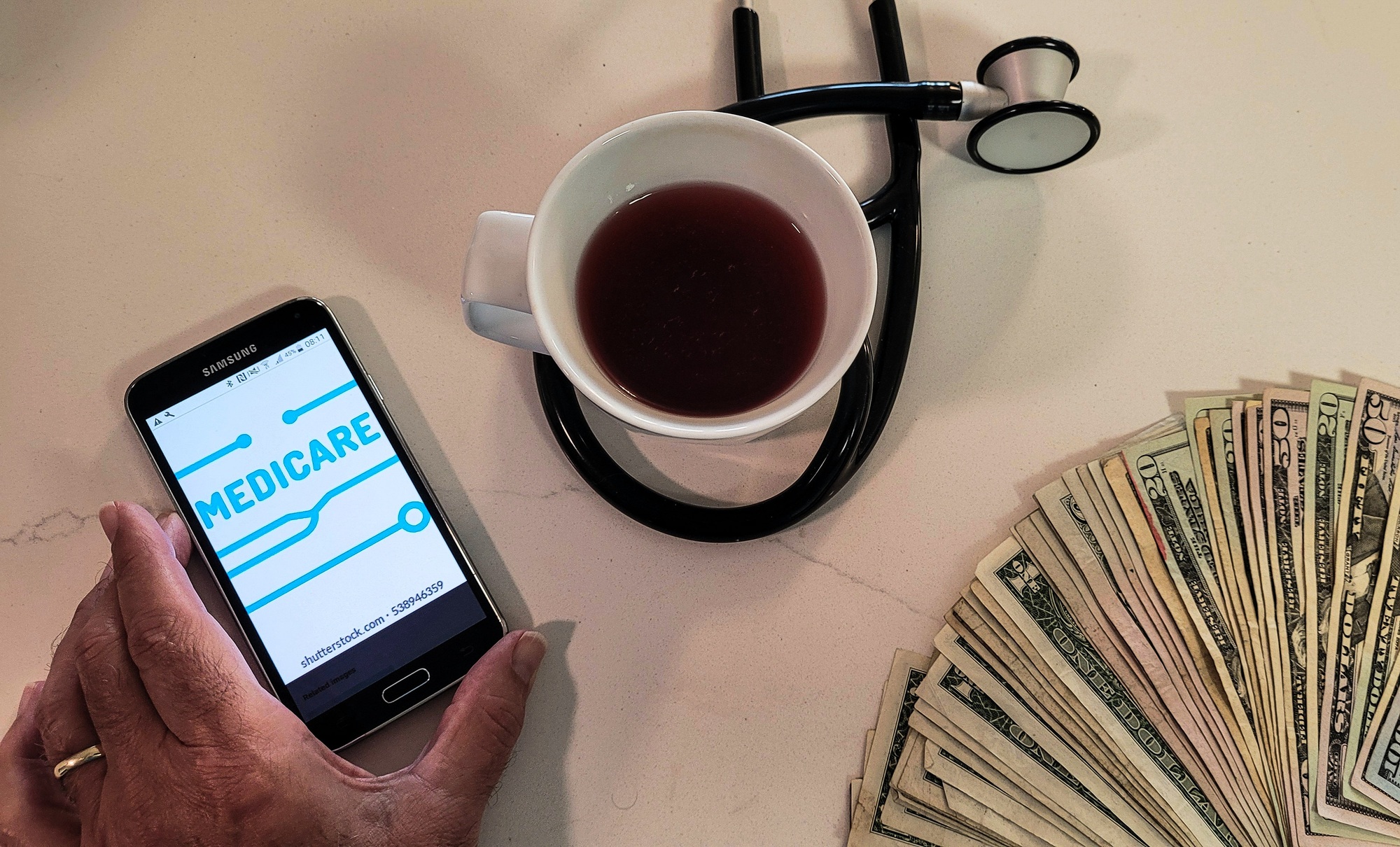There can be all sorts of reasons doctors might consider selling a private medical practice they have built. Not unlike other business owners considering such an option, determining whether or not it’s the right time to sell a private medical practice comes down to analysis, goals, and other life events that might precipitate the decision. While the factors can be limitless, this article explores some of the key points to consider in making such a decision.

Selling a private medical practice starts with finances
As most doctors already know, the first thing to consider before selling any business is understanding the value of your business based on stable finances and a profitable bottom line. Sure, there is a market for selling an unprofitable business (at drastically reduced valuations), but it’s always best to consider a sale when business is good, not bad.
If you have an office manager who helps with finances, review the past two or three years of your revenue and expenses, along with your bottom line. Take a look at the tax returns your CPA has submitted. Knowing whether to sell your private medical practice always starts with understanding where you are as a business. Having a strong bottom line doesn’t mean it’s time to sell. In fact, if business is going really well, and new patients keep coming in the door, and there’s room for expansion, a good set of financial records may tell you that it’s a terrible time to sell.
Hire someone who can help sell your private medical practice
Making the decision to sell a private medical practice is complex and requires careful consideration. It also takes a lot more than a review of your finances. While it’s an added expense, the cost of hiring a business broker to help place a valuation on your practice is an important step early in this process. Brokers who specialize in the healthcare industry can offer valuable insights and expertise. They can help determine if there’s a market for selling your private medical practice, and they’re best equipped to create all the collateral needed to market your practice. The value of brokers goes far beyond the initial decision. These professionals will use their connections to find potential buyers, and based on compensation structure, they’ll be motivated to get you the best price possible. Most brokers are paid on a commission, and it’s important to negotiate that payment schedule up-front.
What does the market say about your private practice?
Understanding the current market conditions and industry trends is fundamental to deciding whether to sell a private medical practice. Doctors should stay informed about changes in healthcare regulations, reimbursement policies, and the competitive landscape. These factors can significantly impact the value and sustainability of a medical practice.
If market conditions are unfavorable, such as declining reimbursement rates or increased competition, it might be wise to sell the practice before its value diminishes further. On the other hand, if market trends are favorable and there is a high demand for medical practices in the area, it could be a good time to sell for a higher profit.
Evaluate your personal and professional goals
Another significant factor to consider is the alignment of personal and professional goals before making such a big decision. Doctors should reflect on their long-term career aspirations and determine if selling the practice aligns with those goals. For instance, if a doctor desires to transition into a different medical specialty or pursue academic research, selling the practice could facilitate those endeavors.
There are other factors, as well. If you’re considering retirement or want to create a better work-life balance, those things play a large role in whether or not you should consider a sale.
Is there another succession plan?
A vital aspect often overlooked is the existence of a succession plan for the practice. Doctors should assess whether they have identified a suitable successor or if there are potential buyers interested in taking over the practice. Having a well-established succession plan in place ensures a smooth transition and maximizes the value of the practice during the selling process.
If there are no viable options for succession or if the practice lacks a dedicated team capable of continuing its success, it might be a suitable time to sell the practice.
The decision to sell your private medical practice may be one of the biggest of your professional career. Most valuable practices include a lot of blood, sweat and tears, and doctors often have a hard time saying goodbye to a business they have built. It’s important to isolate the emotion from a business decision, and applying some of the questions and factors above can help doctors make a good decision.





